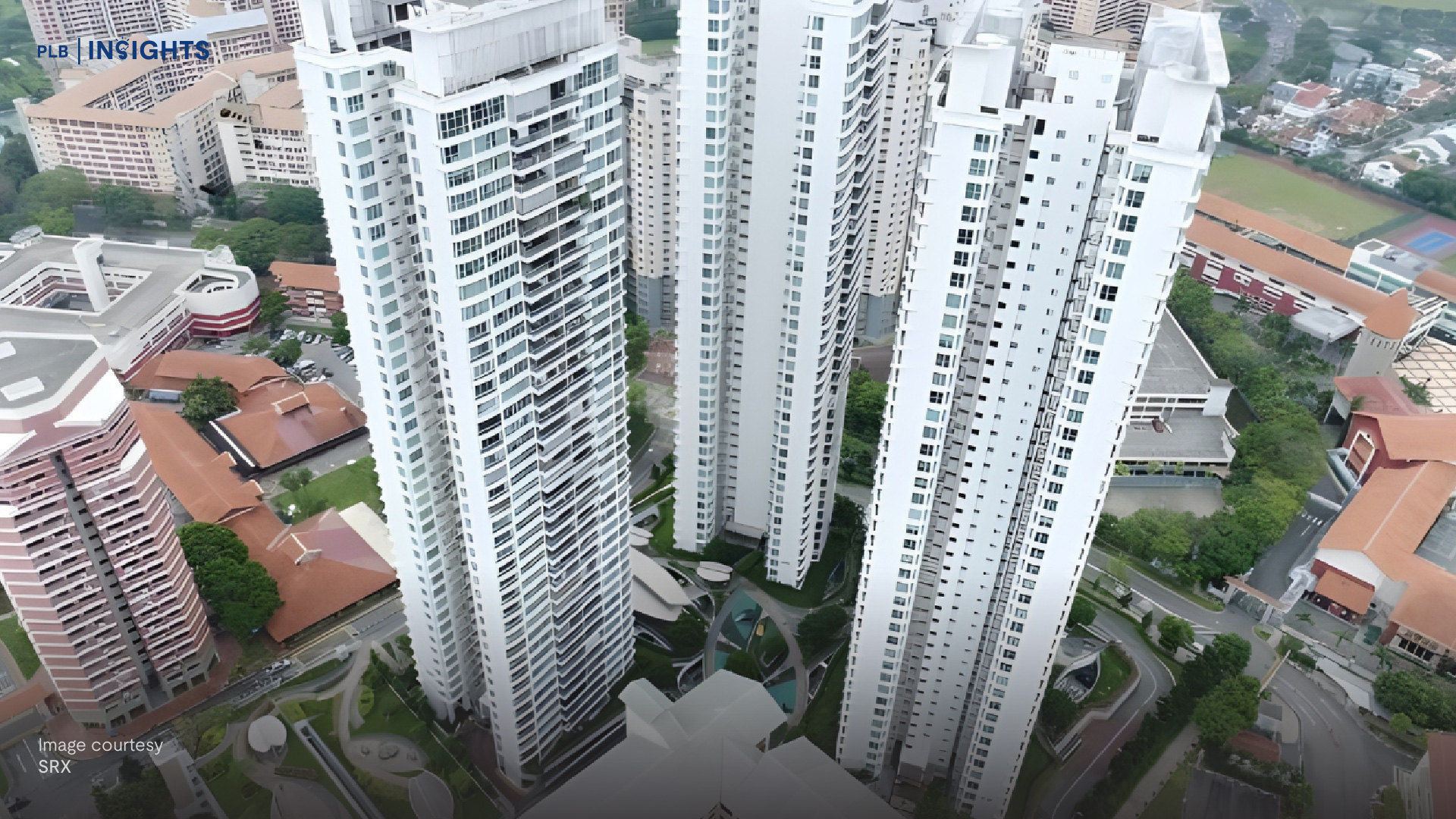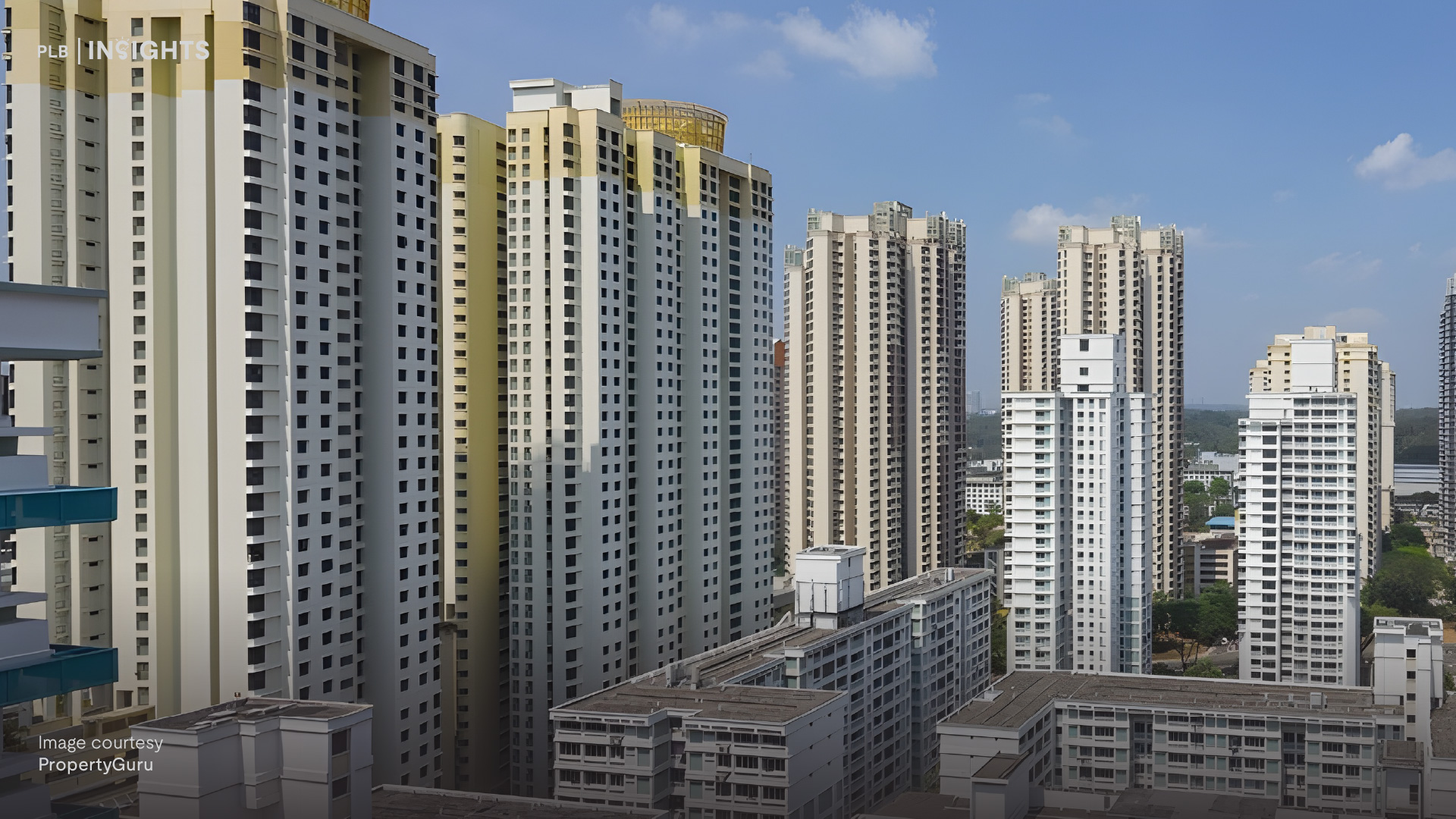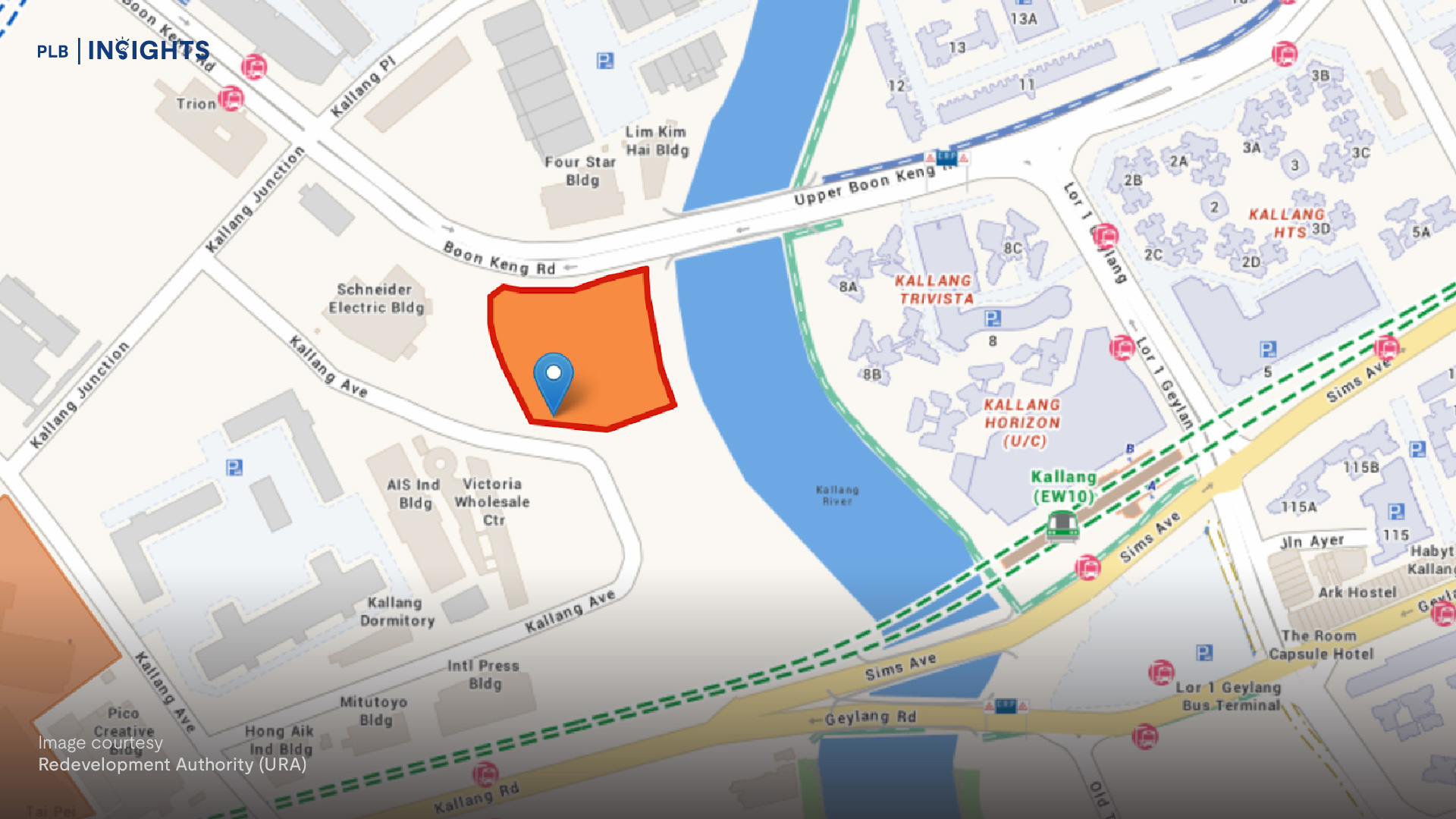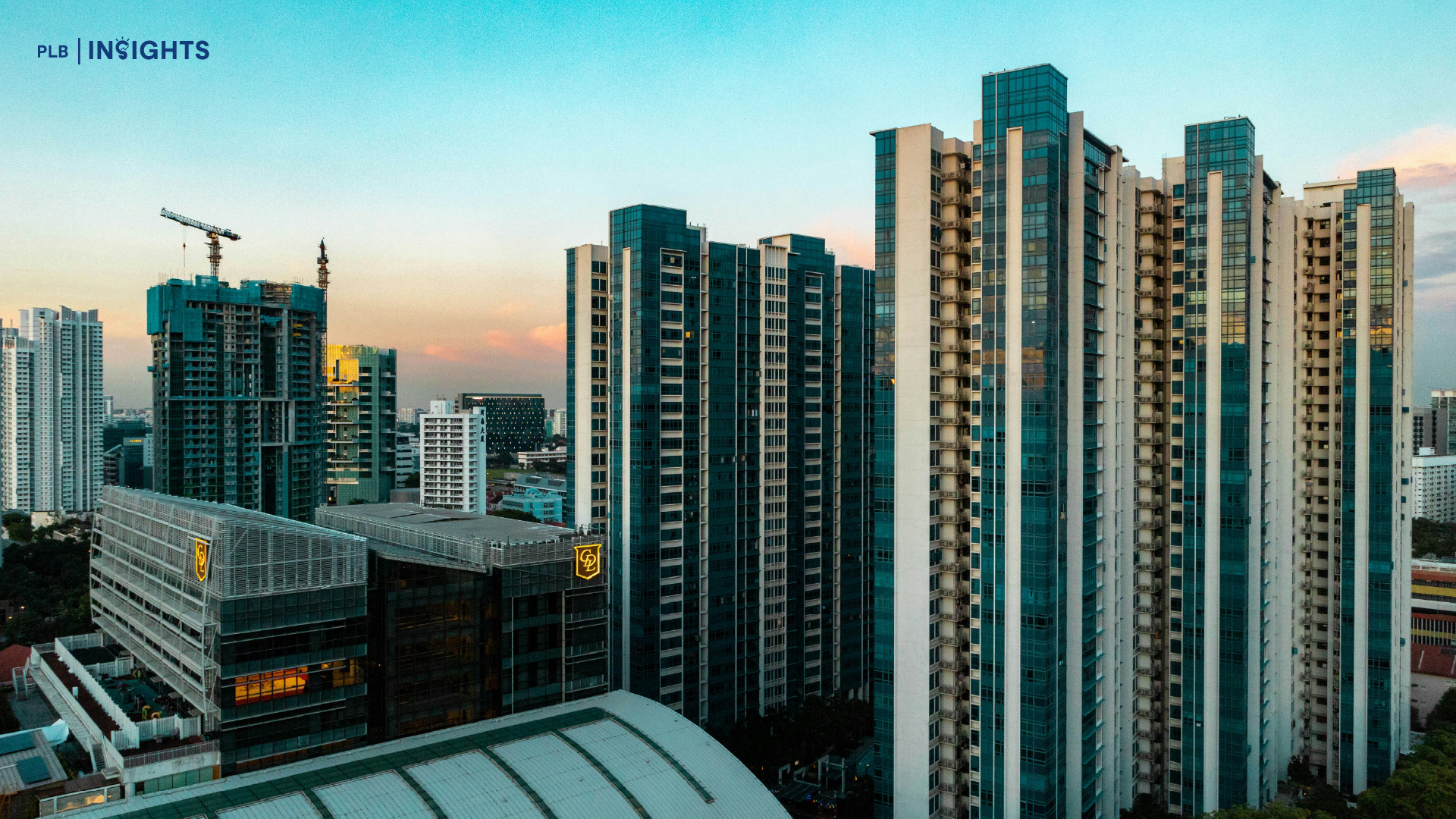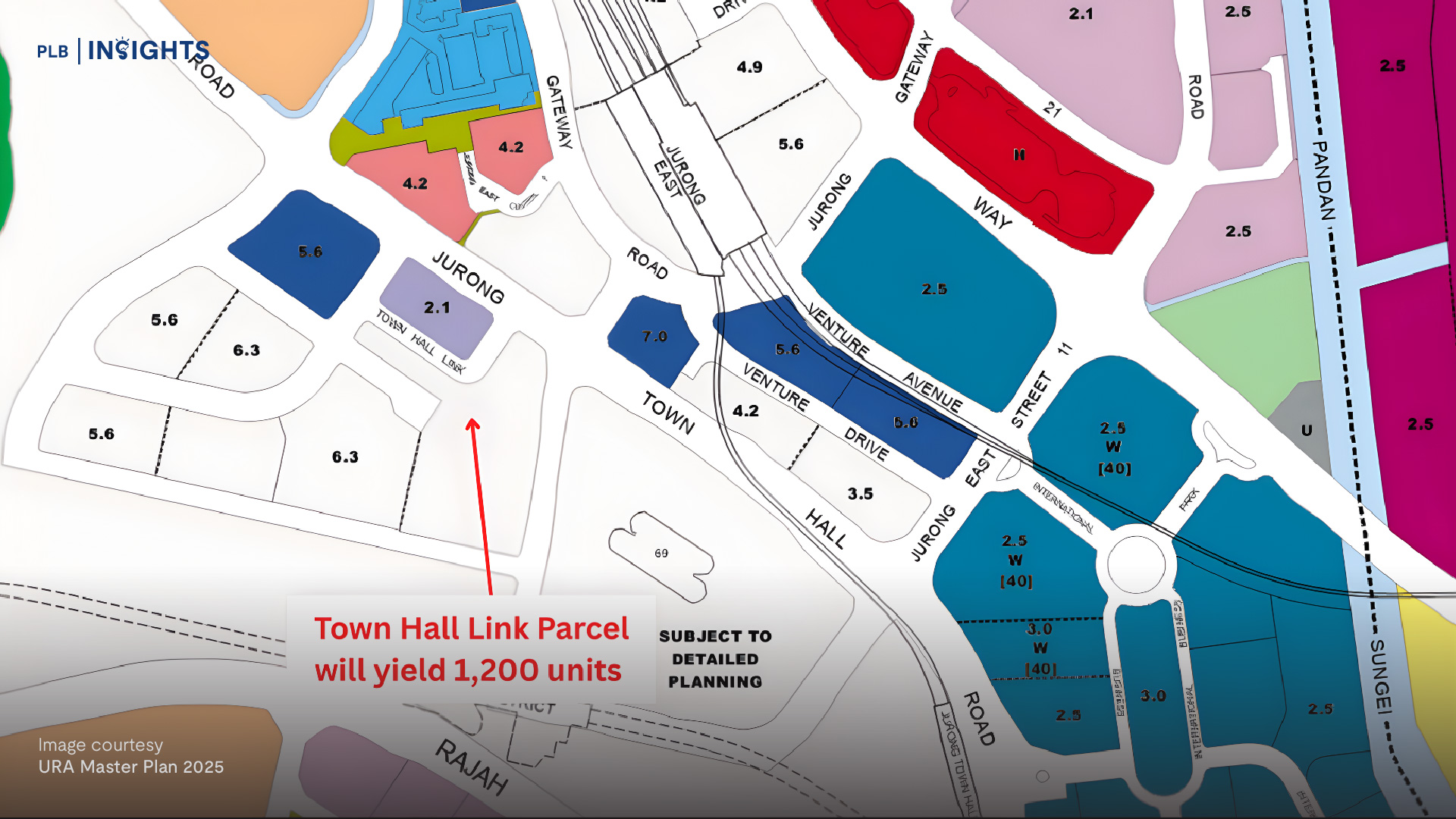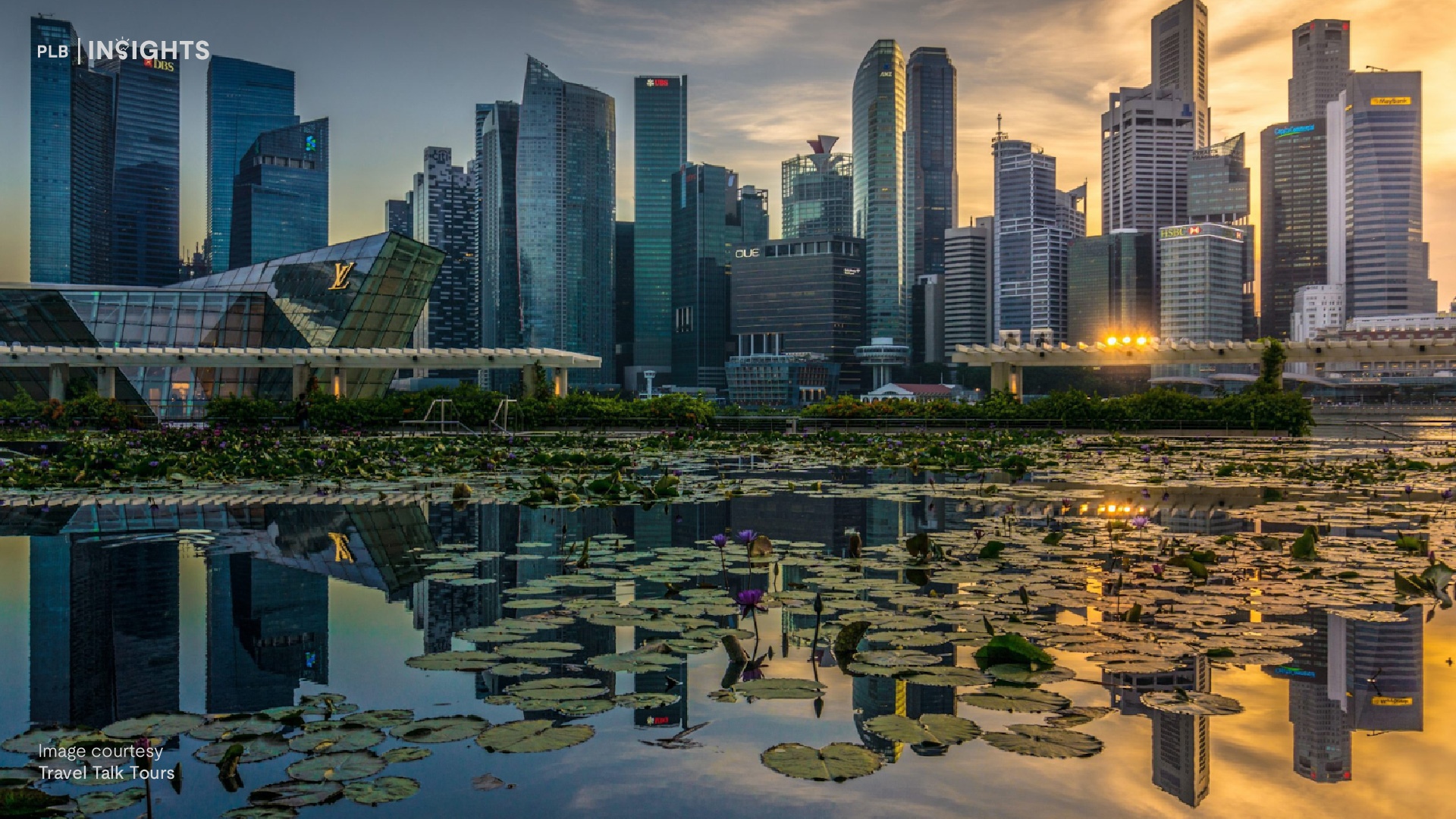
With a new community, job, and home, moving to a new country is akin to a fresh start. Having a new place to call home isn’t easy, but one way to ease the transition is to know the basics of renting in Singapore!
Although Singapore’s Real Estate laws may be less convoluted than several other countries, there are still some laws specific to Singapore that you would never have heard elsewhere, and it doesn’t hurt to learn about it!
For those intending to stay in Singapore for a short term, renting might be the better option as opposed to buying a property. Or maybe you’re looking for a landed property, which foreigners “can’t” buy in Singapore. (Foreigners may purchase landed property only after special approval from the Singapore Land Authority; these restrictions are relaxed for landed properties on Sentosa Cove). Whatever the case is, read on to find out more about renting in Singapore as a Foreigner!
What are the types of properties that Foreigners can rent?
Foreigners can rent either an entire apartment or just a room, sharing the unit with other tenants. Those coming over for a new job or school typically rent out an entire apartment along with their friends, so that sharing communal places such as the kitchen or living room becomes less of an awkward event but a social one.
HDBs: The Iconic Shoebox Apartments in Singapore

On the tiny little red dot, land scarcity will always be an issue. Singapore’s real estate has gone through a long history of growth in the government-subsidised housing department before finally reaching what we know today as HDBs, which are public housing by the Housing Development Board.
Today, roughly 79% of apartments are HDBs, with the remaining being 16% Private Condominiums and 5% landed properties.
To get the bang for your buck, HDB is definitely the choice for you. Although often dubbed as shoebox apartments, these government subsidised housings are much more spacious than you think!
Some things to take note of when renting an HDB
-
The minimum rental period for HDB Flats and/or bedrooms is 6 months.
-
For foreigners who are non-Malaysian, the maximum rental period per approval is 2 years.
-
For foreigners who are Malaysian Citizens, the maximum rental period per approval is 3 years.
-
Non-Malaysian non-citizens renting an HDB flat, will be subjected to the Non-Citizen Quota for Renting Out of Flat. This quota is to help maintain a good ethnic mix in HDB estates, in line with Singapore’s desire to cultivate racial harmony.
-
Malaysians, however, are not subject to this quota given their close cultural and historical similarities with Singaporeans.
-

HDB also has a tool to check the market rental rates of HDB flats rented out in the past year, which would be really useful for making a more informed decision on whether you’re overpaying in your rental contract.

Median rents by town and flat type: 4th Quarter of 2021
Condos: Integrated Living
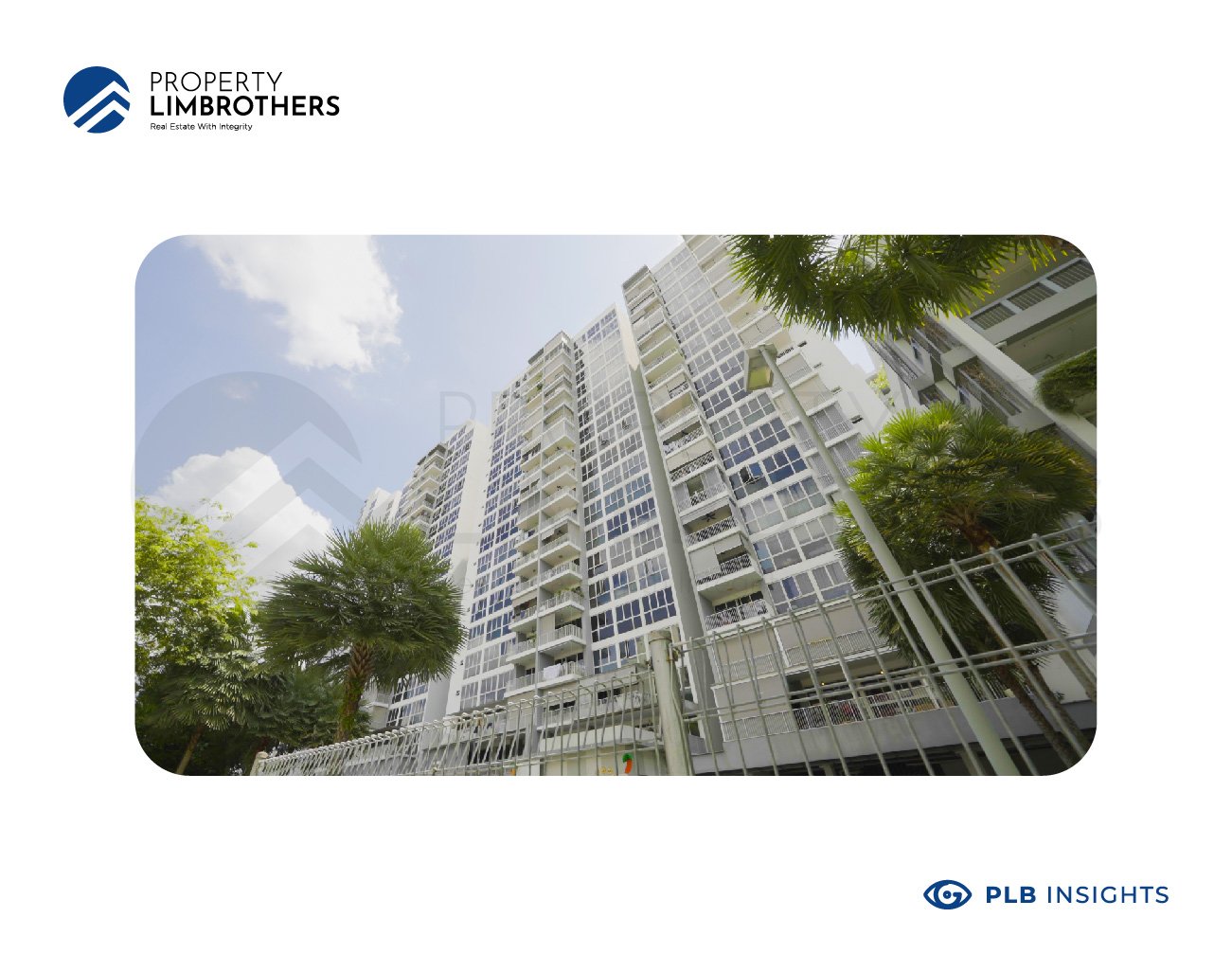
A step up from HDBs would be the Private Condominiums which are gated communities and typically come with a whole slew of amenities such as gyms, swimming pools, other sports facilities and much more.
While renting HDBs can be slightly restrictive due to the Non-Citizen Quota, one of the beauties of renting Condos would be that there are no longer such restrictions with its private status.
Executive Condos are a slightly peculiar product, considering that for the first 10 years, it is considered government-subsidised housing and therefore follows the laws of HDBs. However, after passing 10 years in age, it attains a fully privatised status and will follow the laws surrounding private properties.
Landed Properties: Mansions in the Tiny Red Dot

Singapore being a tiny little red dot on the map, is a nation that is scarce in land. Hence, it is not a surprise that landed properties account for the smallest proportion of dwelling type here. Thus it should also not be surprising that landed rentals are not just rare but also often go for exorbitant prices.
However, if money is no issue and space is your cup of tea, and with a myriad of landed property types – ranging from detached houses to semi-detached, terraced houses and even bungalows. The world is your oyster.
Another property type that you may wish to consider is cluster houses which are a bit of a mix of private condominiums and landed homes.

Rental Index of Private Residential Properties (Whole Island)
The caveat of renting private properties such as condos and landed properties, as seen from the rental index of private residential properties above, is that rental prices have been steadily increasing quarter after quarter.
Want non-conventional? Heritage and Conservation Homes are for you!
Given Singapore’s long-standing history of growth in the Real Estate sector, there are some uniquely charming conservation titled properties.
Conservation titled properties have been deemed by the URA as historically significant and have been restored and protected for the future generations.
Shophouses: Where Commercial Meets Residential

Image courtesy visitsingapore.com
In our article 10 archetypal features of shophouses and Architectural Ingenuity: 6 Styles of Shophouses in Singapore we shared what a testament these shophouses are to our enduring heritage, multiculturalism and the creative, architectural genius that our forefathers were.
Today these highly coveted properties are often remembered as brightly coloured in “hip” areas of Singapore such as Joo Chiat and Haji lane.
Foreigners looking to rent shophouses are in luck, as foreigners can rent mix and full residential shophouses!

Colonial Houses: Black and White Houses

Image courtesy SLA
These equally charming black and white colonial houses were built and designed by the British in the 19th century when Singapore was still under the British empire.
Once home to high-ranking government officials or wealthy business owners, about only 500 are left and are managed and maintained by the Singapore Land Authority (SLA) today. Although most are rented out for commercial purposes such as restaurants and office space, a handful is available for residential rental.
While no one can buy a colonial house in Singapore, you can apply to rent one from SLA through an open-bidding system for a minimum lease of two years.

Things Foreigners need to rent in Singapore
Non-citizens will have to present documentation to ascertain that they are legally residing in Singapore. These documentations must have a validity period of at least 6 months as of the date of application.
Documentations:
-
Employment Pass
-
S Pass
-
Work Permits
-
Student Passes
-
Dependant Passes
-
Long-Term Social Visit (LTSV) Passes
While for foreigners, the easiest way to pay is by cash, most owners and agents reject cash payment as it is not traceable. It will help if you have someone in Singapore who can help to execute the bank transfer for you. Opening a local bank account is extremely simple with the ease of online banking services in Singapore.
Typical Rental Process
Letter of Intent (LOI)
The letter of intent outlines a preliminary interest in renting the property. Prospective tenants would offer an LOI to the landlord to express interest in renting a particular property. While not all landlords will ask for an LOI, most will not rent out their property without getting one.
Those looking to rent should pay particular attention to the following portions of the Letter of Intent:

Good Faith Deposit (Booking Deposit)
The Good Faith Deposit is usually a month’s rent and serves as a credibility by financially underscoring your intentions into renting. Upon signing the tenancy agreement, it is converted into a security deposit or a rental advance.
Security Deposit
The amount of security deposit is usually stated in the Letter of Intent; this amount will be returned without interest when the lease term ends. However, the landlord reserves the right to deduct should any damages be done to the property or if the lease is prematurely terminated. Generally, the security deposit would amount to 1 month’s rent and is taken from the good faith deposit after signing the tenancy agreement.
Tenant’s Requirements
This is the all-important section! Tenants can be explicit about their requirements before the handover and signing of the tenancy agreement. Your request could be for new furniture or to outline areas of existing damage for repairs. As long as the requests are within reason, feel free to list them all and redact with the landlord to come to a compromisable agreement.
Diplomatic Clause
A diplomatic clause is to safeguard foreign renters in the event that they are no longer employed or have been transferred out of Singapore. A typical diplomatic clause may look like this:
“After the expiration of the first “X” months of the lease, the Tenant upon being ceased to be employed in Singapore can give the Landlord “X” month’s written notice to terminate the lease.”
30-day problem-free period
Typically, a tenant will have 30 days, from the commencement of the lease, to bring to the attention of the landlord any defects in the apartment, and shall not be liable to any cost related to the repair and/or replacements of the identified defects within the 30-day period.
Utilities and Air-Conditioning Servicing
Tenants are responsible for the servicing of air conditioning units at the regular stipulated intervals. However, should the unit become faulty during the lease period and tenants have not missed any servicing, the onus is on the landlord to replace it.
Tenants are usually responsible for all utilities. However, this can be subject to change under the letter of intent depending on the situation.
Lapse Of Offer
If the letter of intent is not accepted by the stipulated date, any deposit or monies received by the Landlord shall be returned to the Tenant immediately and thereafter, neither party shall have any claims against the other.
Closing Thoughts
With proper procedures behind renting in Singapore as a result of the long history of growth in governance over Singapore’s Real Estate market, Real Estate transactions in Singapore are relatively safe.
However that is not to say that everyone engaging real estate in Singapore will be invincible to shady practices, it still helps to engage someone who is knowledgeable in the industry to help navigate your transactions in a foreign land
If you’re looking to invest in Singapore’s Real Estate whether you’re a Singaporean or a Foreign Investor do feel free to contact us! Clickhere to contact us now!


